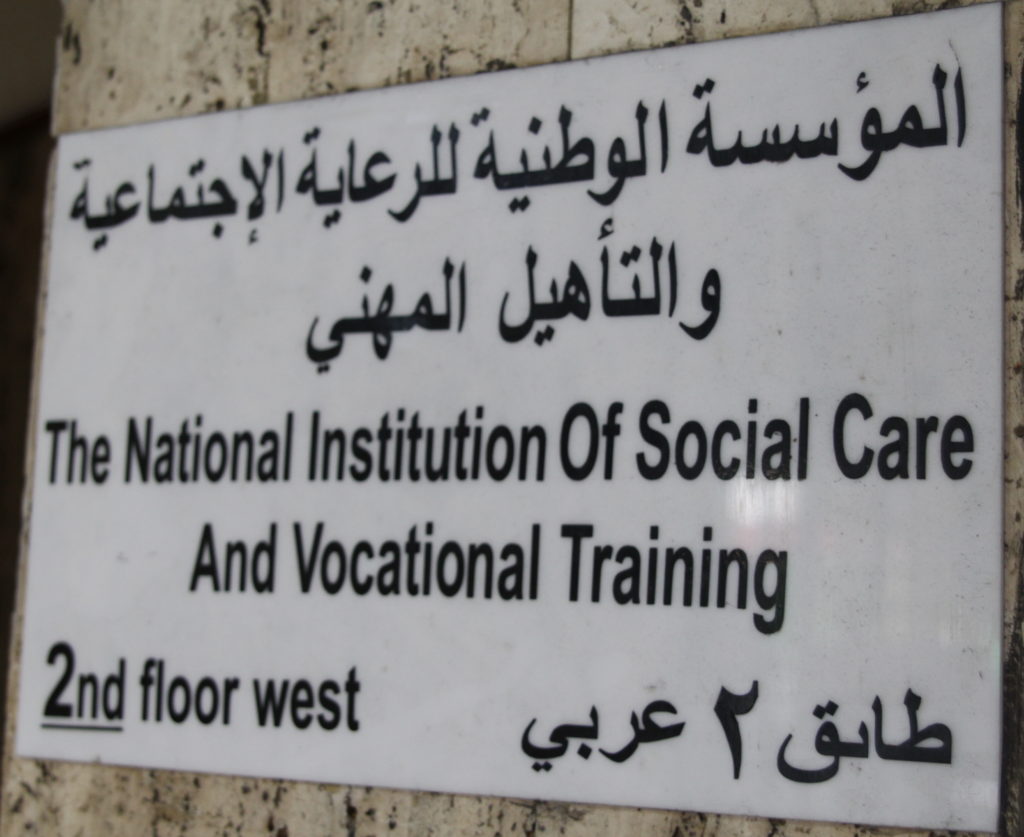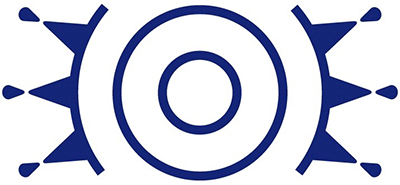
UM avusti PSV:n edellistä hanketta ”Lasten mielenterveyspalvelut Etelä-Libanonin pakolaisleireissä” (2014-2016). Hanke on nyt raportoitu. Raportti on kirjoitettu englanniksi, koska se on yhteinen asiointikieli palestiinalaisen The National Institution of Social Care and Vocational Training / Beit Atfal Assumoud -järjestön kanssa. Vuoden 2016 osuuden raportin yhteenveto:
How well project activities have been executed during reporting year 2016?
Family Guidance Centers El-Buss and Saida in South Lebanon served their 9th and 7th year respectively in implementing the mental health program of The National Institution of Social Care and Vocational Training. Overall, 163 new patients got their assessment and treatment plan. There are 263 boys and 124 girls, 4-18 years of age, who continued their treatment within 2481 treatment appointments with therapists. By nationality, there were 354 Palestinians in Lebanon, 21 Palestinians from Syria and 13 Syrians. The social workers made 673 home visits.
Impact: 86 % of children booked sizeable or some progress as reported by the parents.
To support the families, there were monthly workshops and campaigns regarding child development, protection, autism, stress and the influence on siblings. The FGC staff cooperated with 10 local schools and institutions and with 5 INGOs, with FGCs being important reference centers in mental health.
Impact: 80 % of parents were very satisfied, 18 % somewhat satisfied.
Development of the FGC setting progressed towards the community-oriented mental health model: FGC El-Buss was the partner of Handicap International developing and publishing “Community Based Mental Health – A Practical Methodological Guide Based on Experiences of two Multidisciplinary Mental Health Teams in Working with Children and Families in Palestinian Camps. 2010-2016”. FGCs presented studies at annual mental health conference in Beirut and contributed to the development of The National Mental Health Programme of Lebanon (Strategic objectives 5.12.1. Establish a leadership and governance mechanism for agencies working for mental health of Palestinian refugees supported by UNRWA in line with the Ministry of Public Health (MOPH) structure, 5.12.2. Establish a sustainable referral system between actors in the field supported by UNRWA and the MOPH.
Impact: A community based model has been developed and connected to the larger advocacy work.
The persisting difference in child’s rights between Palestinian and Lebanese children is an important challenge for future work.
